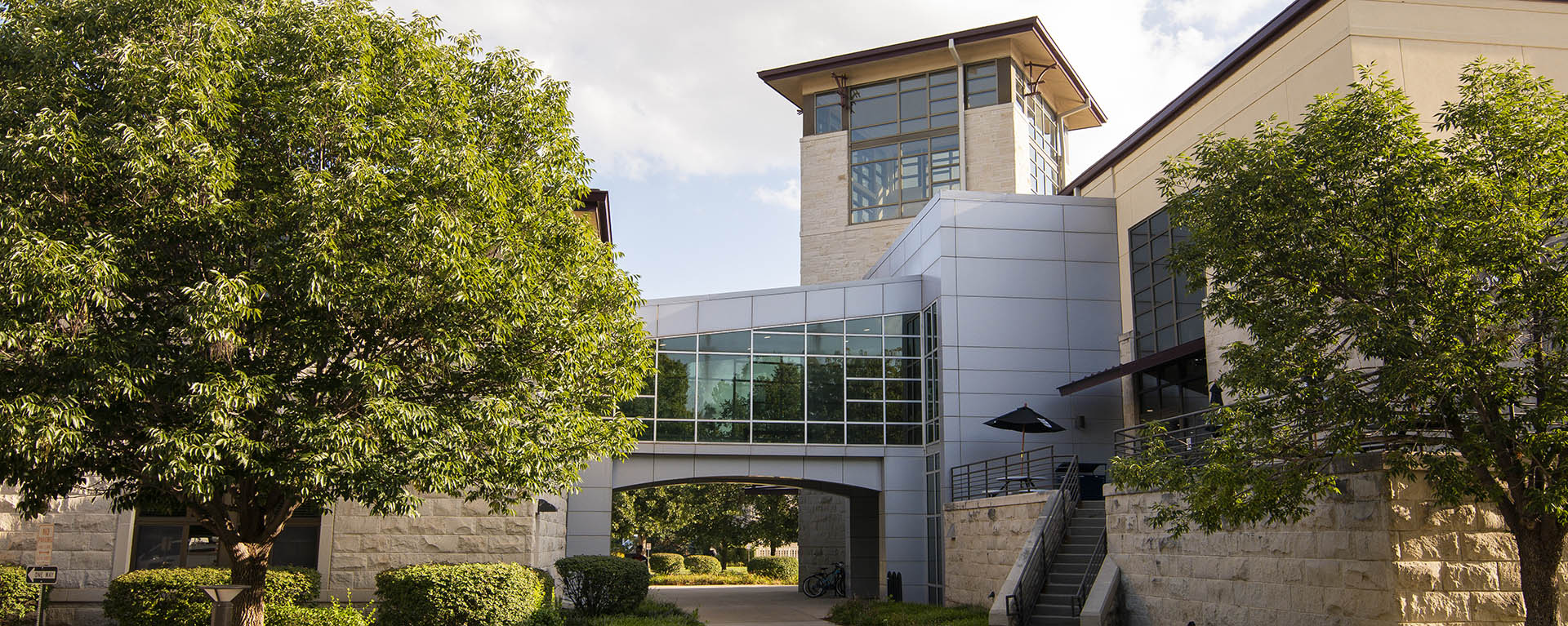
Certificate in Gerontology
Make an impact on the lives of others by choosing a career that addresses the needs of the older population. Students wanting to become nurses, social workers, addiction counselors, family service workers, health care administrators, psychologists, public health workers, physical therapists, occupational therapists, and more will expand their career options and enhance their knowledge and skills by taking this certificate program.
Well-Suited Majors
Explore the Program
Courses (18 credit hours):
BI 260 Biology of Aging
PY 212 Psychology of Adulthood and Aging or PY326 Health Psychology (Prerequisite: PY 100 for both courses)
HS 131 Human Development
HS 372 Death and Dying
HS 378 Issues in Aging
3 hrs. approved elective (see the Gerontology Certificate Coordinator for approval)
By the Numbers
Projected Job Growth
10-13%
Median Salary
$48,410 - $75,040
(Social Service Workers) - (Healthcare Practitioners)
Student/Faculty Ratio
13:1
Program Cost
Courses in these programs are offered at the traditional undergraduate rate. Competitive scholarships are available from the School of Applied Studies (SAS), as well as through Washburn University.
Apply Now
GET IN TOUCH WITH Family & Human Services
Family & Human Services
School of Applied Studies, Room 210
1700 SW College Ave.
Topeka, KS 66621
Phone & Email
Ph: 785.670.2116
human-services@washburn.edu

